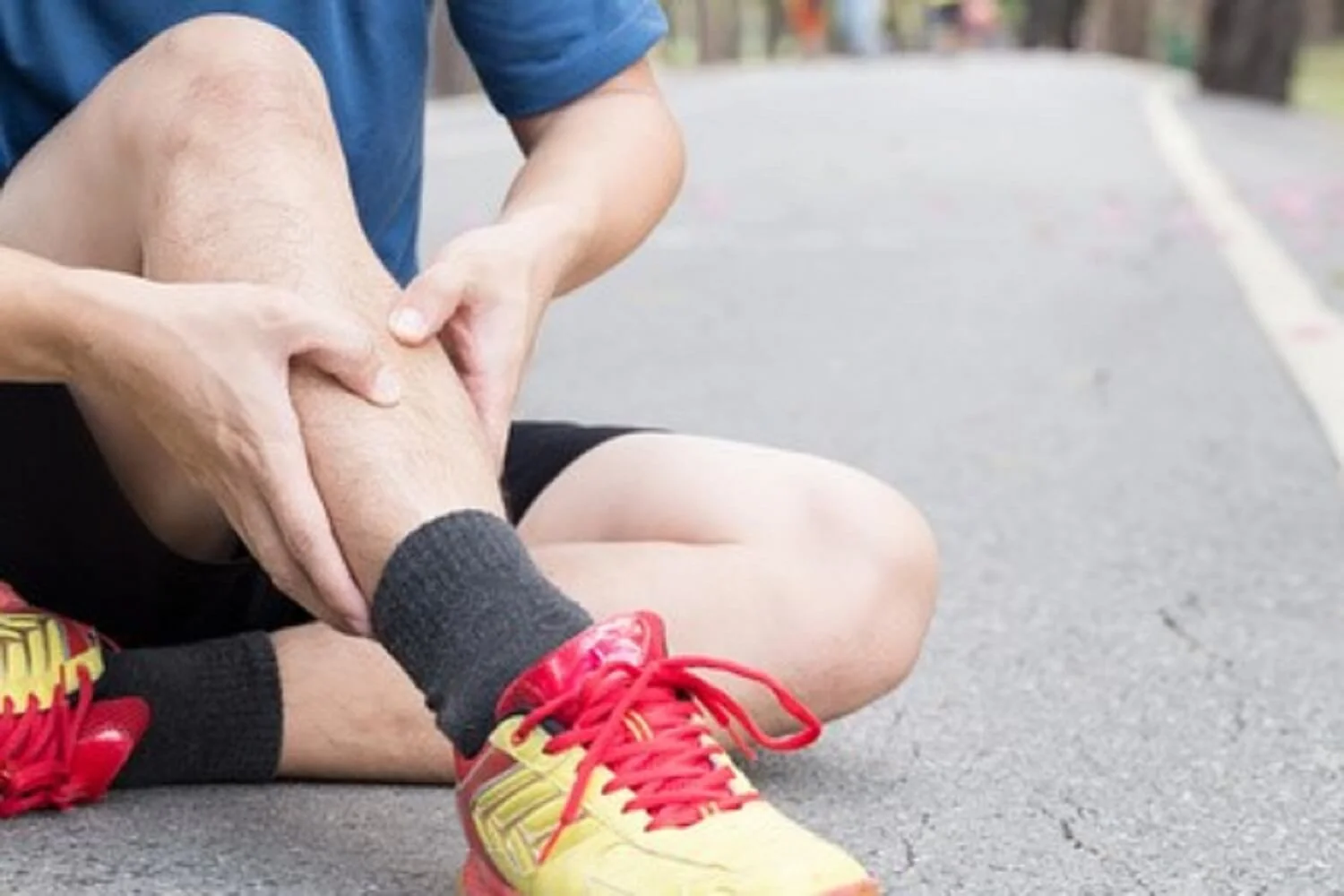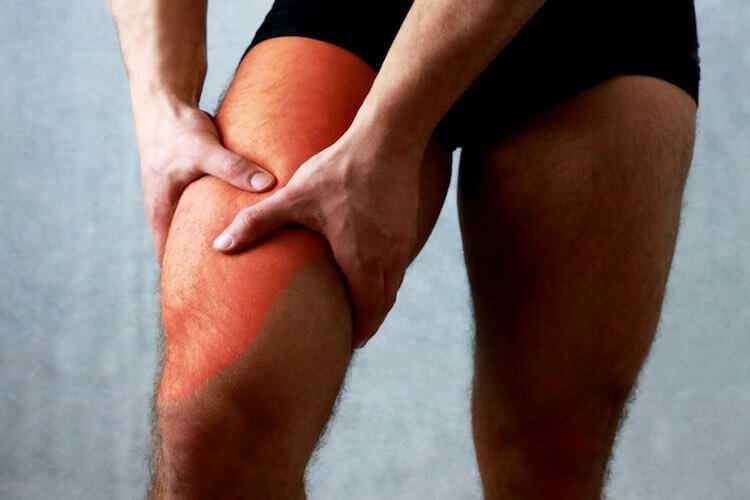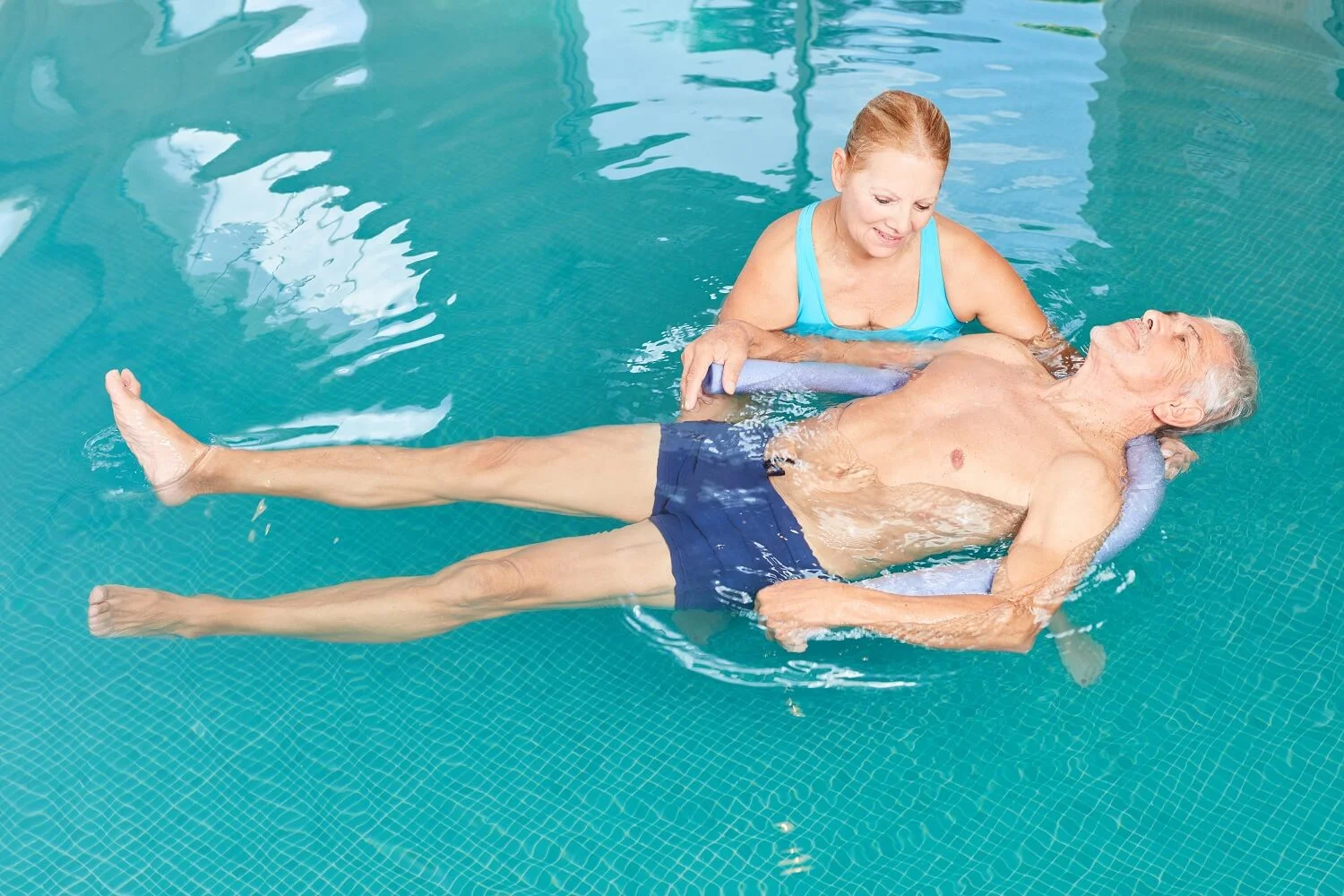If you want to enjoy your game more or improve your game, it’s important that you know how to avoid injury and improve performance. Our physios have put together some tips that can help you prevent golfing injuries.
Get the Right Equipment
Using a club that is too small or too large for you can lead to back problems. Instead of trying to adapt your swing according to your club, purchase clubs that are fitted to your body and swing. Having a comfortable club will increase your chances of playing golf for a long time without experiencing any significant physical limitations. Your physio may be able to refer you to a local golf professional to enable a proper club fitting.
Learn Correct Golf Technique
Golf is an enjoyable but challenging. Understanding how to move correctly is important. It reduces the risk of injury and allows us to understand the game much better. Your local golf professional will usually be able to provide a series of lessons to help you with understanding how to move during your golf swing.
Physical Screening
Our physiotherapists are experienced at assessing and screening individuals to ensure they can move appropriately during their golf swing. Steve Naylor, one of our Principals, is Titleist Performance Institute (TPI) accredited. Along with Craig Milson (Senior Physiotherapist) they are able to assess your physicality and enable you to be able to move better for your game. If you have a golf professional they will liase with them to make sure everyone is working towards the same goals for your game to improve. Steve Naylor and Craig Milson are located at Sports Focus Physiotherapy, Castle Hill.
Always Warm up
Reduce soreness and stiffness after a game by stretching before and after playing golf. Going for a brisk walk during your warmup can also get the blood flowing to the muscles. To put together an effective warm up routine, see a Sports Focus physio like those mentioned above.
Careful Moving Your Golf Bag
Golf bags are often heavy and hard to manoeuvre. People are more prone to injure their backs moving or lifting their golf out of the car after driving to the golf course. Be careful when you lift your bag or buggy out of your car. Use you legs, activate your core to protect your back, and try not to twist.
Don’t Forget to Rehydrate When Playing
Dehydration causes fatigue, which increases your risk of injury. By drinking enough water, you can also avoid the negative symptoms of dehydration like headaches, irritability and stress, all of which can ruin your game.
If you’re looking to get into golf or improve the way you play, please get in touch with Sports Focus Physiotherapy. We offer specific golf screenings in line with the Titleist Performance Institute (TPI), and any physiotherapy or rehabilitation required to correct your musculoskeletal condition.



